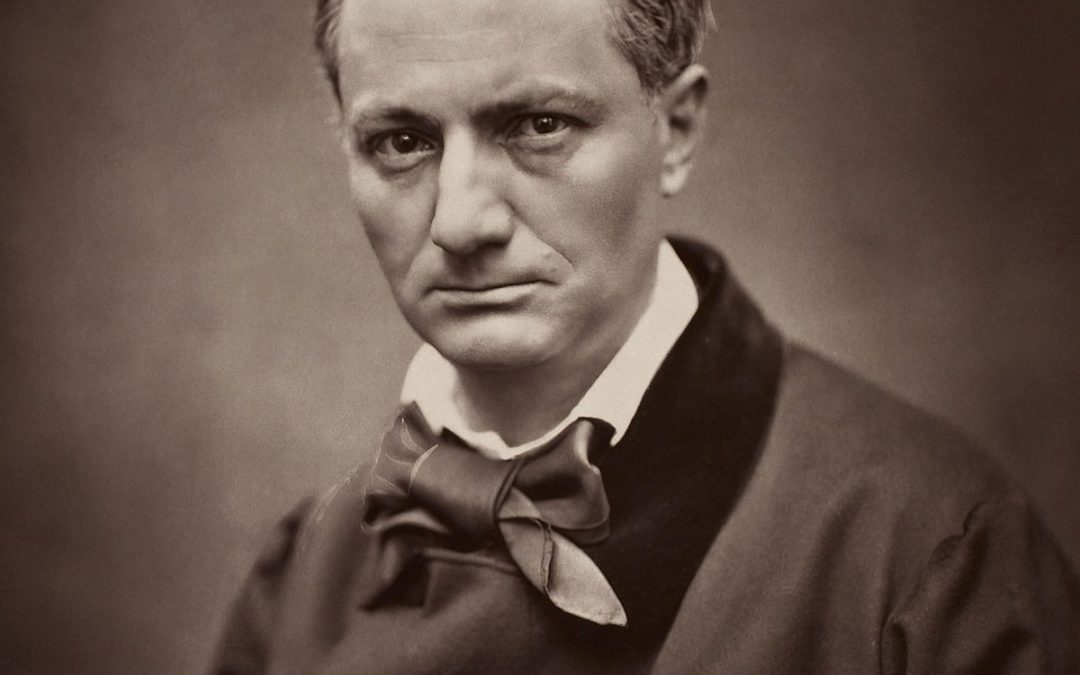Decadence, Magic(k), and the Occult
Goldsmiths, University of London, 19-20 July 2018
Keynote speaker: Professor Patricia Pulham (University of Surrey)
Nineteenth-century Decadence coincided with a resurgence of esotericism, alternative religions, and a belief in magic as a rejection of secularism and science. Until now, this intersection has been most richly considered in relation to Catholicism. Most well-known is Huysmans’s tetralogy, which traces Durtal’s movement from the Black Mass to the monastery. However, Decadent literature has a much more complicated relationship with mystical, supernatural, and magical realms, one which extends beyond a simple rejection of Christian faith and has a legacy reaching beyond the long nineteenth century.
This two-day interdisciplinary conference is organized by the Decadence Research Unit at Goldsmiths. Our aim is to investigate the role of occultism and magic(k) in the Decadent literary and artistic tradition through a consideration of the relationship between Decadence and the esoteric revival of the fin de siècle, providing an opportunity to re-examine the Occult roots of Decadence and explore the wide range of artistic responses to the blurred boundaries between Decadence, mysticism, ritual, and the Dark Arts. Is the meeting of practical magic and literary esotericism indicative of a symbiotic relationship between Decadence and the Occult, or does it represent merely another aspect of the Decadent rejection of mainstream ideologies?
We welcome proposals on any aspect of Decadence from any era, in relation to magic(k) and the Occult. Papers (about 20 mins in length) might include discussion of, but are not limited to:
Occult/Decadent poets: Charles Baudelaire, Remy de Gourmont, Arthur Rimbaud, Jean Lorrain
Occult/Decadent artists: Henry de Groux, Jean Deville, Fernand Khnopff, Felicien Rops
Great beasts: Aleister Crowley, Joséphin Péladan, W. B. Yeats
Salons and sects: the Salon de la Rose+Croix, the Hermetic Order of the Golden Dawn
Satanic and occult feminism: Berthe de Courrière, Helena Petrovna Blavatsky, Althea Gyles
- Big ‘Isms’: Spiritualism, Rosicrucianism, Neo-Paganism, Symbolism
- Freemasonry, Theosophy, and New Age Spirituality
- Aesthetic esotericism and Decadent occulture
- Geomancy and liminal spatiality
- Poetry and ritual magic(k)
- Occlusion and the ocular
- Music and mysticism
- Rituals and rivalries
- Incubi and succubi
Abstracts of 500 words plus brief biography should be sent to: dru@gold.ac.uk by 31st March 2018

